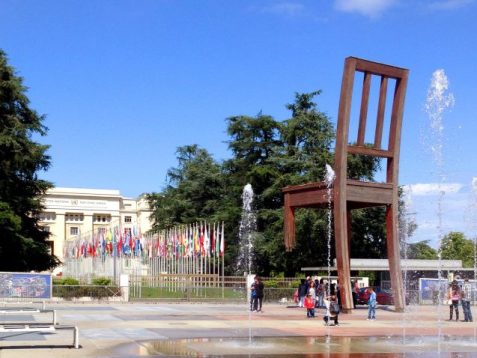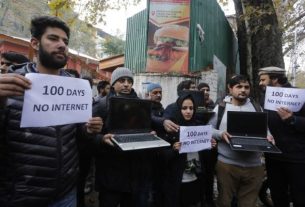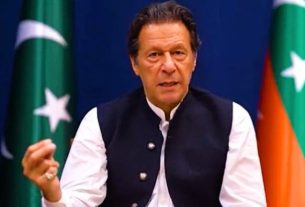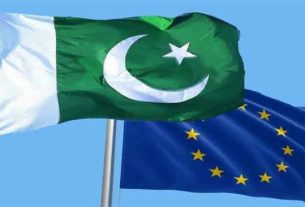The UN rights chief warned Tuesday that human rights in Afghanistan are in a “state of collapse.”
Volker Turk’s remarks came during an interactive dialogue held by the Human Rights Council in Geneva.
The collapsing human rights situation is “acutely affecting” the lives of millions of women, men, girls and boys, Turk said.
While noting that human rights violations in the country are not new, he said the dynamic imposed by the Taliban since they took power two years ago particularly targeted women and girls, excluding them from most aspects of public and daily life.
The nation has fallen into a serious humanitarian and financial crisis, with two-thirds of the population now in need of assistance, he added.
He stressed that Afghanistan had set a devastating precedent, being the sole country globally where women and girls are not permitted to attend secondary or tertiary education.
“Over the past two years, there had been a systematic erosion of the laws and institutions that once provided protection for human rights. Laws were now made by edicts rather than through consultative processes. The laws that had protected women from violence and created an enabling environment for the media had been suspended,” he said.
“The Afghanistan Independent Human Rights Commission was no more. Corporal punishment and public executions had resumed, and there were ongoing reports of extrajudicial killings, torture and arbitrary arrests. Compounding all of this was a deeply troubling lack of accountability for perpetrators of human rights violations,” he added.
Turk urged the international community to not turn its back on the people of Afghanistan, underlining that it has a human rights crisis of the first order.
He encouraged states to proactively help address the challenges facing the Afghan economy.
He also called on the de facto authorities to fundamentally bring Afghanistan back to the international order with full respect for its international human rights obligations.__The Nation





